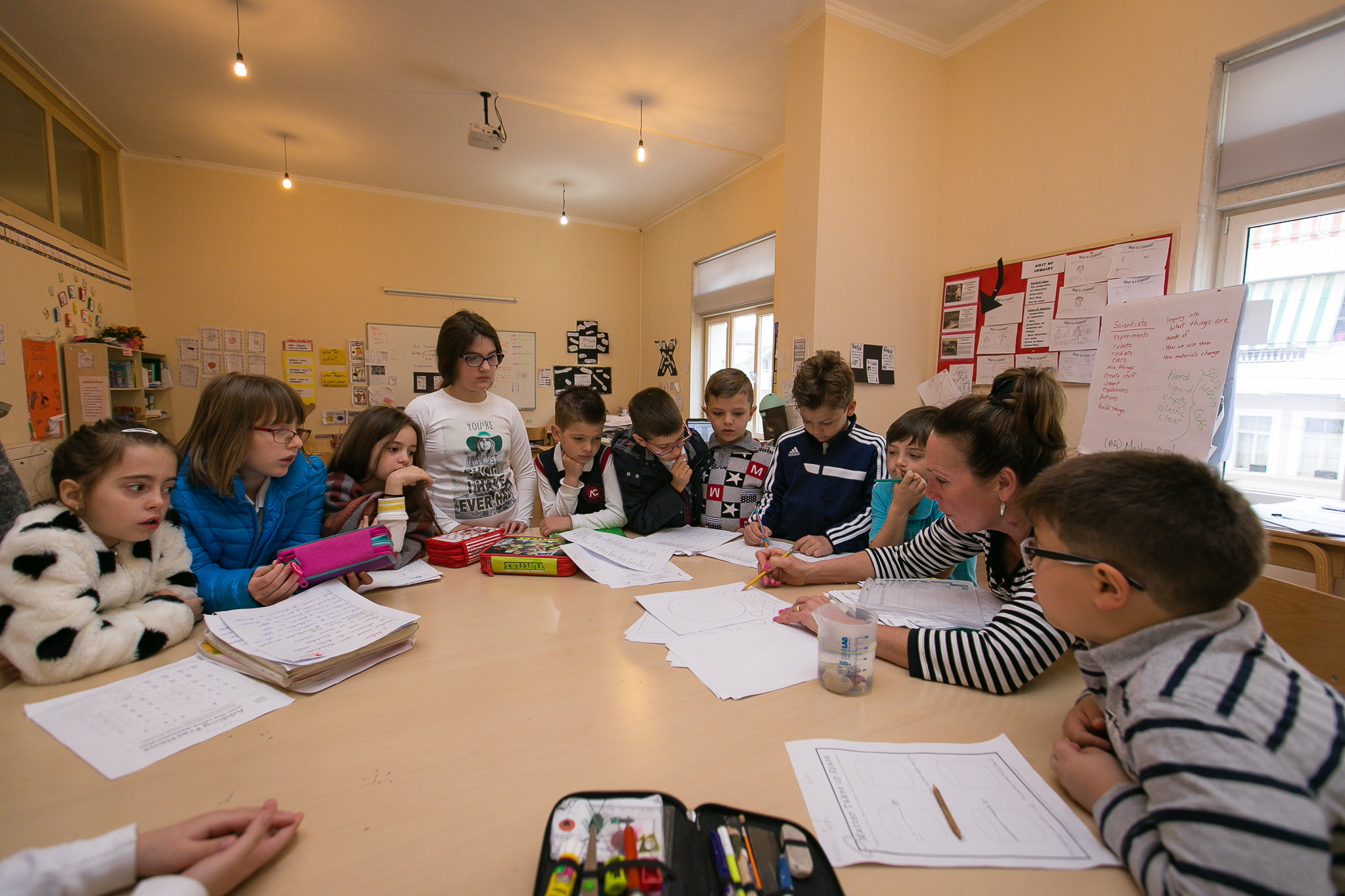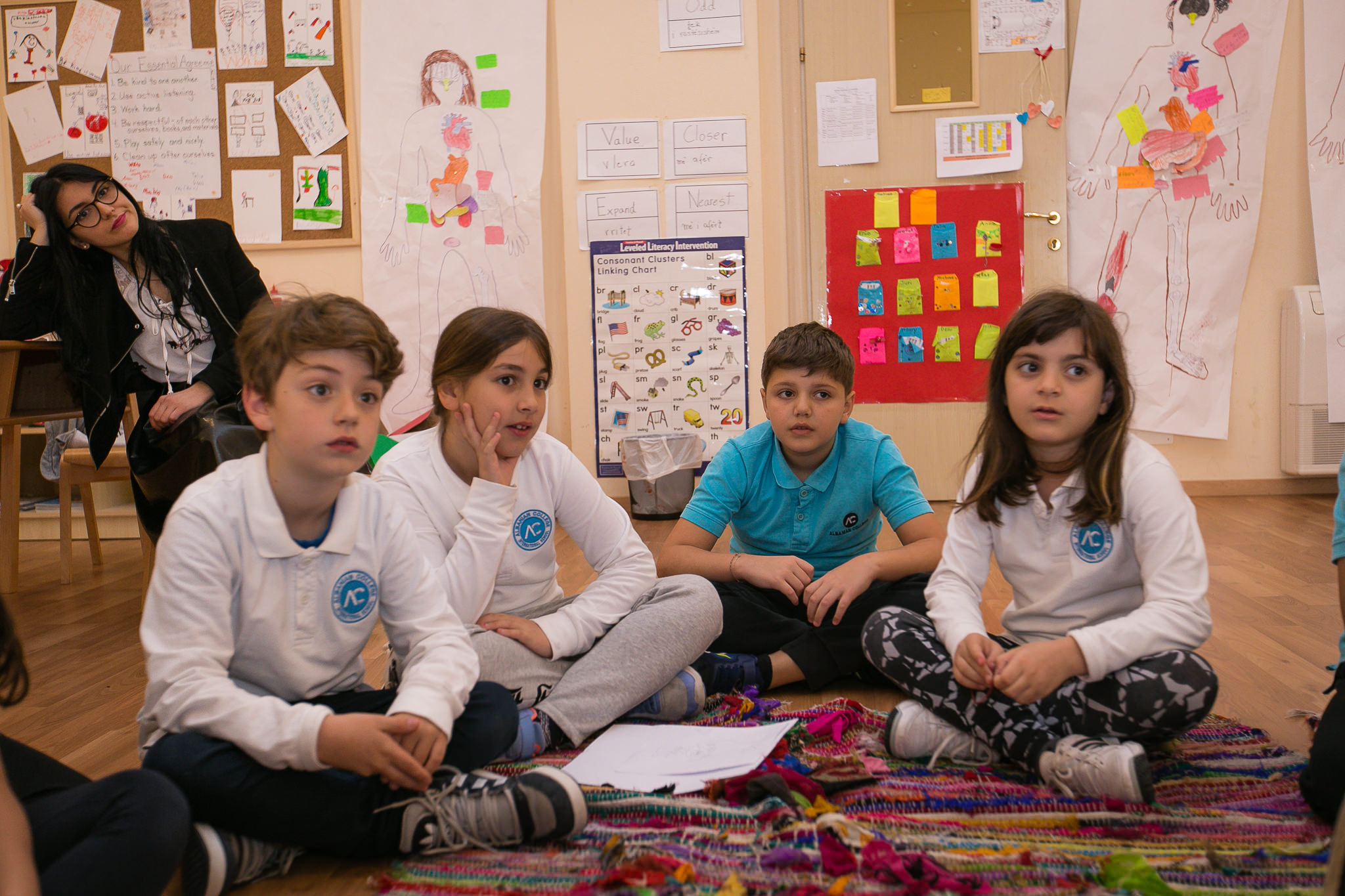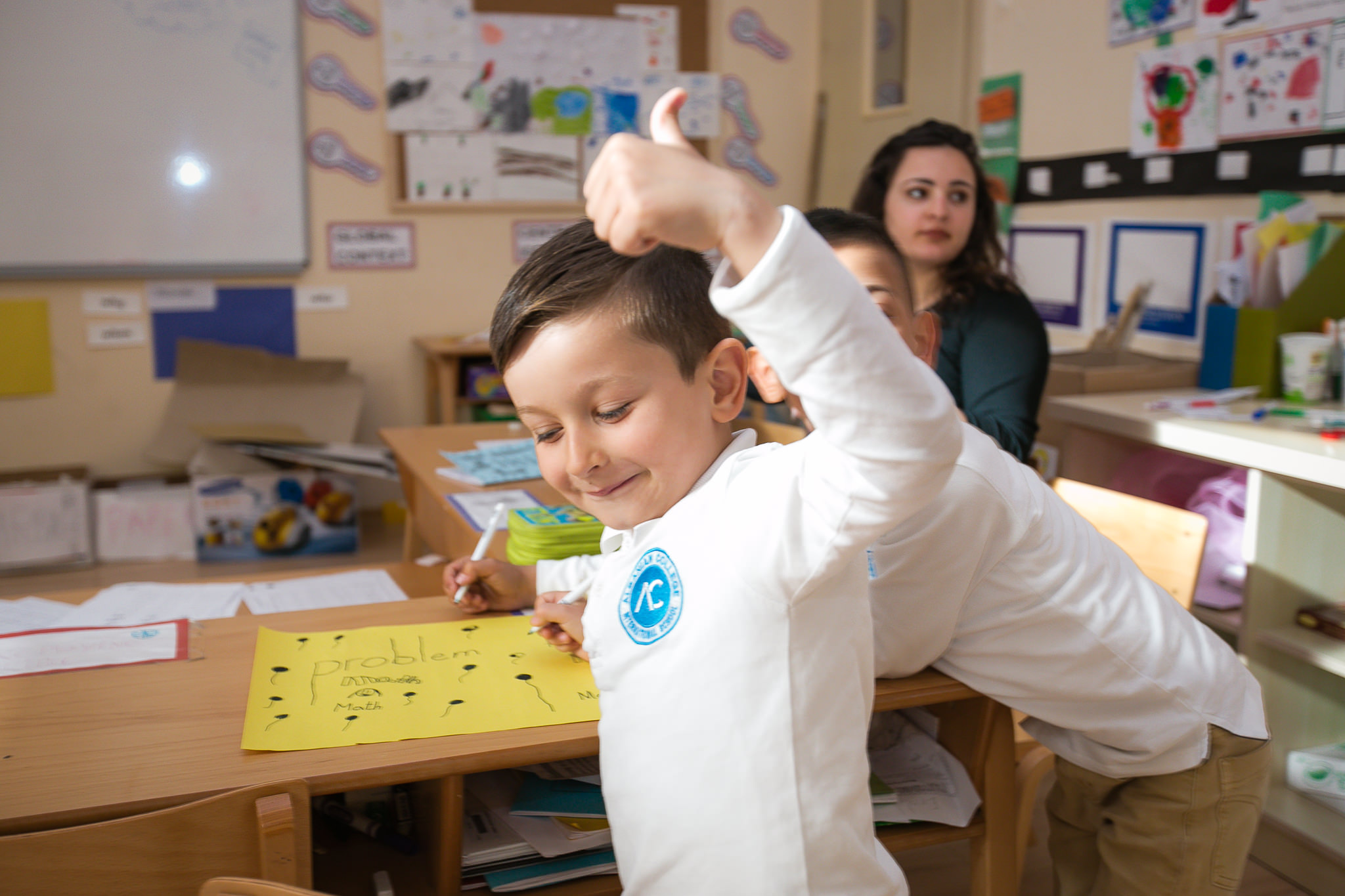IB Primary Years Programme Overview
Albanian College
The International Baccalaureate Primary Years Program (PYP) includes ages 3–12 in Preschool through Grade 5. Throughout the year, students across Grades 1–5 explore six units of inquiry, which fall under six transdisciplinary themes and incorporate six PYP subject areas:
-Language
-Social studies
-Mathematics
-Science
-Visual and performance arts
-Personal, social and physical education
This inquiry-based learning method enables students to construct understanding within the context of their lives.
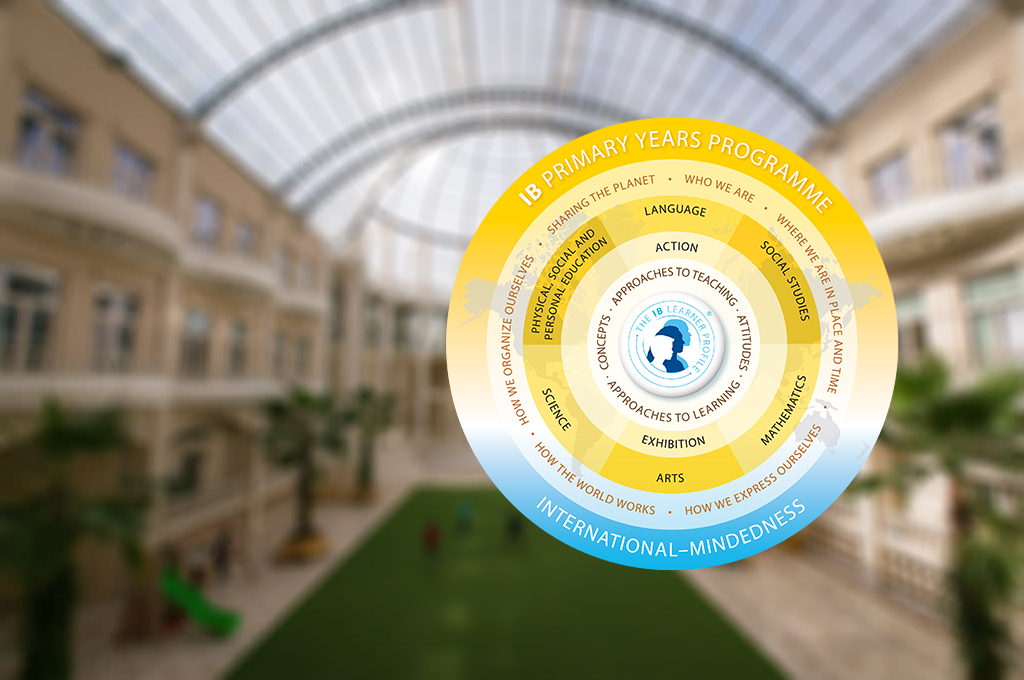
PYP CURRICULUM
ABOUT US
DIRECTOR'S WELCOME
MISSION STATEMENT
STAFF
ACADEMICS
APPLY NOW
PROGRAMMES
PARENT PORTAL
CONTACT US
GOOGLE MAP
+355 52 200 171
info@acdurres.edu.al
-
Arts
Arts are integral to the IB Primary Years Programme (PYP). They are a powerful mode of communication through which students explore and construct a sense of self and develop an understanding of the world around them. Arts provide students with a wide range of opportunities and means to respond to their experiences and engage with historical, social and cultural perspectives. The students are stimulated to think and to articulate their thoughts in new ways, and through a variety of media and technologies. The PYP recognizes that not all learning can be supported solely through language, and that arts as a medium of inquiry also provide opportunities for learning, communication and expression. Learning about and through arts is fundamental to the development of the whole child, promoting creativity, critical thinking, problem-solving skills and social interactions.
-
Language
Language plays a vital role in the construction of meaning. It empowers the learner and provides an intellectual framework to support conceptual development and critical thinking. In the IB Primary Years Programme (PYP), it is recognized that the teaching of language should be in response to the previous experience, needs and interests of the student, rather than the consequence of a predetermined, prescriptive model for delivering language. Fragmenting learning into the acquisition of isolated skill sets can create difficulties for learners—for example, learners may be able to read, write and spell words correctly in isolation but may not be able to read, write or spell those same words in other contexts. Learners’ needs are best served when they have opportunities to engage in learning within meaningful contexts, rather than being presented with the learning of language as an incremental series of skills to be acquired.
-
Mathematics
Mathematics scope and sequence
The power of mathematics for describing and analysing the world around us is such that it has become a highly effective tool for solving problems. It is also recognized that students can appreciate the intrinsic fascination of mathematics and explore the world through its unique perceptions. In the same way that students describe themselves as “authors” or “artists”, a school’s programme should also provide students with the opportunity to see themselves as “mathematicians”, where they enjoy and are enthusiastic when exploring and learning about mathematics.
-
Physical, Social & Personal Education
Personal, social and physical education scope and sequence
PSPE in the IB Primary Years Programme (PYP) is concerned with the individual’s well-being through the promotion and development of concepts, knowledge, attitudes and skills that contribute to this wellbeing. Well-being is intrinsically linked to all aspects of a student’s experience at school and beyond. It encompasses physical, emotional, cognitive, spiritual and social health and development, and contributes to an understanding of self, to developing and maintaining relationships with others, and to participation in an active, healthy lifestyle.
-
Science
In the Primary Years Programme (PYP), science is viewed as the exploration of the biological, chemical and physical aspects of the natural world, and the relationships between them. Our understanding of science is constantly changing and evolving. The inclusion of science within the PYP leads learners to an appreciation and awareness of the world as it is viewed from a scientific perspective. It encourages curiosity and ingenuity and enables the student to develop an understanding of the world. Reflection on scientific knowledge also helps students to develop a sense of responsibility regarding the impact of their actions on themselves, others and their world.
-
Social Studies
Social studies scope and sequence
In the Primary Years Programme (PYP), social studies learning guides students towards a deeper understanding of themselves and others, and of their place in an increasingly global society. It provides opportunities for students to look at and think about human behaviour and activity realistically, objectively, and with sensitivity. Exposure to and experience with social studies therefore opens doors to key questions about life and learning.
-
Exhibition
Exhibition scope and sequence
In the final year of the PYP, students, carry out an extended, in-depth, collaborative project known as the PYP exhibition. This involves students working collaboratively to conduct an in-depth inquiry into real life issues or problems. Students collectively synthesise all of the essential elements of the PYP in ways that can be shared with the whole school community. It also provides teachers with a powerful and authentic process for assessing student understanding. The exhibition represents a unique and significant opportunity for students to exhibit the attributes of the IB learner profile developed throughout their engagement with the PYP.
